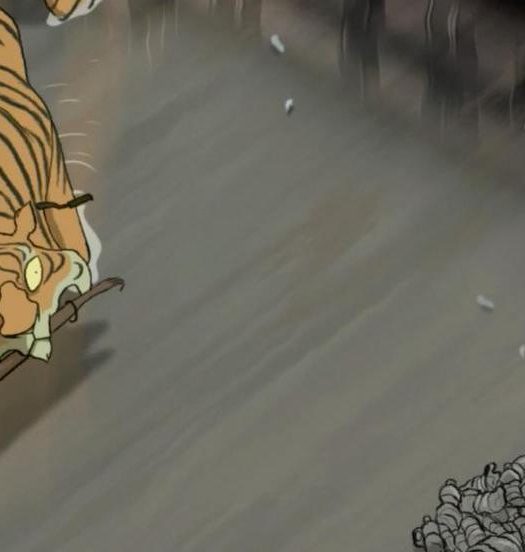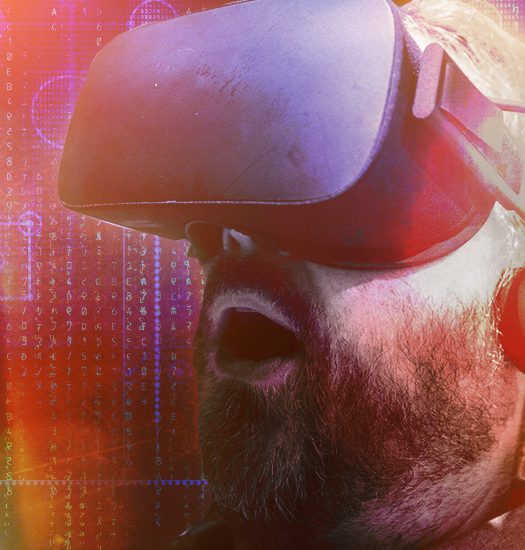We see a ‘texture’ of reality, not reality itself ~ Aadish Keluskar
A conversation with Aadish Keluskar, on his upcoming film 'Jaaon Kahan Bata Ae Dil'. The film has been selected not just in the India Gold Competition, but also shortlisted for the Oxfam Award for Best Film On Gender Equality at the 20th Jio MAMI Mumbai Film Festival
Born in Konkan, Aadish Keluskar grew up in Mumbai. We had an in-depth conversation regarding his upcoming film ‘Jaaon Kahan Bata Ae Dil’. He studied Film Direction and did an Advanced Screenwriting Course from the renowned Film and Television Institute of India.
The trailer gives us a glimpse of romance and promises a realistic portrayal of relationships in the modern world.The film is directed by Aadish Keluskar and produced by Humaramovie. This will be their fourth collaboration, the first three being ‘I Love You Too, ‘An Encounter’ and ‘Zero by Zero’.
Let us take you behind the curtains of the making of Jaaon Kahan Bata Ae Dil, opened by the brain behind the film himself –

Jaoon Kahan Bata Ae Dil
Your latest film has been selected for the India Gold Competition at the 20th Jio MAMI Mumbai Film Festival this year. It has been shortlisted for the Oxfam Award for the Best Film On Gender Equality as well! How do you feel on getting a response like this from the audiences?
The fact that It is even being considered is good for recognition for the film and I am elated by this reaction. ‘Jaoon Kahan Bata Ae Dil’ comes off as a strange, ‘anti-romantic’ film as they’d call it. So I am glad to have received this gesture of acceptance and faith in my work.
Can you tell us how Jaoon Kahan bata ae dil came into being?
Well, there was no one specific idea behind it. This film was more like an attack that one gets after a lot of experiences in life. I made a conscious effort into selecting aspects of these experiences but believe it or not, it was not with an intention of turning those into a film.
As an artist, your thoughts, insights and experiences come into being through the medium of your art and that is how the film resulted as an outcome. It’s like – if my nose is blocked, my only other option is to breathe through my mouth, right?
So ultimately, all these aspects found their way to the screen. It portrays a fragment of the innumerable layers of reality.
Although the trailer itself is a delight to watch – the shots, the music in the background and the sharp shot switches – It shows elements of provocation and realism all at the same time. And it reveals insight which I’m sure is both on and off screen. Tell us the journey behind the making of the film.
Like I said, it is an anti romantic film – speaking in terms of the typical ‘Bollywood romance’ – we have been making films not talking about real life couples. Not about the kind of normal conversations that take place between two partners. We don’t see actors in relationships speaking about simple things like their views on current affairs or politics, discussing where to spend their Sunday night, or even conversations that you may hear at a small paan walla.

From the trailer of the film
Over the couple of years I have observed that they use a ‘texture’ of reality; not reality itself.
The trailer of the film simply gives a glimpse of real relationships.The trailer ends with the male saying “Jo picture aaj g**du lagti hai, woh kal faadu lag sakti hai. Aur jo aaj faadu lag sagti hai, woh kal g**du lag sakti hai”. The idea behind it lies here – everything is so changeable in society. That, according to me, is somehow majorly related to personality. For example, the #metoo movement – women feel like if they share their tragedies with people (even related to them) they might react in an unpleasant way. One day behaviour could be a certain way regarding the issue in hand, and the next day that same issue might receive a completely different behaviour from the very same person.
So the message we wanted to put across through that last line was that one has to be very cautious about the changeability of life.
Were there any challenges during the making of the film?
Making a film like this always comes with a few hiccups. Firstly because of the content – not speaking for myself but others – producers, their friends, they had not even heard of something like it. Everyone asks for a ‘reference’. I will not deny that it was difficult.
We were working on a low budget, in real locations which require permission from the legal authorities to be used. The film has long shots – imagine shooting a sunset/sunrise scene with long dialogues to be delivered by the actors – and preparing to be told to shoo off by the cops. Ironically, the biggest challenge we faced was the reality (of the locations).
What made you cast Khushboo and Rohit as the lead actors in the film?
The kind of characters that were required fit well with the personalities of the two. I try to find a befitting personality first because that is one thing a director can not change. This is because actors that I choose have at least half the personality that the film needs. It is essential for them to be able to relate to the character in some way or another.
Khushboo, the female actor – in the film has long continuous dialogues. You had to have actors with a certain IQ level. Funnily enough this is how it happened – I was telling my wife I needed a female actor first because her role is way more important – it has to have vulnerable but with a lot of depth.
My wife asked Khushboo to find me an actor for the role! Eventually, Khushbhoo asked for the script and showed interest. But I wasnt sure she would be able to do it. She says to me, ‘sure I will!’. I asked her to go through the script again because I still wasn’t sure she would agree to play the role, but as luck turned out – She was beyond ready for it. I didn’t even take auditions – I had just seen her performances and I knew she had it in her.
Rohit, the male actor – I was taking auditions for the male lead. There’s one particular thing about a male character – that one energy, i found in him. His first audition was unsatisfactory to say the least and i was not happy. Again, luck did its thing. Some time had passed and Rohit sent another audition tape while I was still trying to find a male lead. He absolutely cracked it.
Both the actors seem to have done justice to your film. How was your experience working with them?
My whole direction process itself with everyone in the team goes like this ; if you land up in a situation where you really can not decide what to do, lets say if it’s a long continuous take – Then I know I can not decide each and every detail esp in public places, even second takes are a blessing.
So my procedure was simple ; I have to programme the people who have to do their jobs. I told the actors not to improvise with the dialogues at all since there is a certain rhyme and poetry in each line.
I wanted them to know the dialogues by heart. Gestures they can improvise, in fact postures and gestures must come from within. I worked separately with both of them with the breaking down of the film. for example, while working with Khusbhoo I explained to her that it was not just about her character but understanding the reaction of the male actor – why he is reacting a certain way, what makes him say that, etc. I did the same with Rohit.
Then I told them to rehearse the dialogue at the locations itself. Reason being, there is a ‘sinking in’ that happens when actors do that. It helps them get a deeper look inside the character. This was also important to me because there are certain things that make you spot a real couple instantly. That needs a building of chemistry. I wanted this exact reality to show in the very first shot itself.
What kind of a response are you expecting from the Indian audiences?
I just hope the film speaks to people watching it. The dynamics in terms of aspects like politics may be different all over the world, cultures and beliefs may differ globally but the simple dynamics of a relationship between two people remain the same everywhere you look.
Watch the trailer of the film here –



